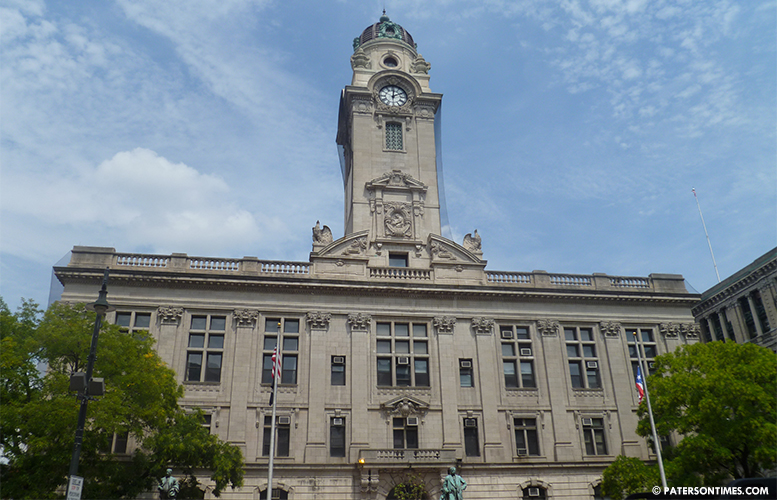City homeowners pay much more in sewer fees compared to property owners in surrounding towns who connect to the municipality’s sewer system, an “inequity” the municipality intends to address by creating a sewer utility which would set standard rates for all users instead of relying on outdated contracts that go back almost a century.
However, the sewer utility proposal created heated discussions at the city council on Tuesday evening with council members wishing to back bill towns that have not paid their “fair share” of the sewer costs.
Presently, there are six municipalities that connect to the sewer system: Prospect Park, Woodland Park, Clifton, Totowa, Wayne, and Haledon. Only Haledon entirely rely on the city’s sewer system, the other five have small portions of their town connected to the municipality’s sewer system, according to finance director James Ten Hoeve.
Each of the towns pay different rates based on old agreements with the city. In most cases though, city homeowners have seen large spikes in sewer costs, while neighboring towns continued to pay substantially less leading some to say city homeowners are subsiding surrounding communities.
The utility, which will be much like a city department, will fund its operations from money it collects from sewer ratepayers. The sewer utility funds would be separate from the municipal budget, at present both are in one bucket, said city officials.
Future capital improvements would also be funded by ratepayers rather than the city’s homeowners. The utility will have its own director appointed by the mayor with approval from the council and the current sewer division staff would be moved into the sewer utility.
“I think it’s needful for us to go here given the liabilities that are down the roads,” said McKoy, referring to the hundreds of millions of dollars the city will need to find in order to separate its combined sewer system that dumps raw sewage into the Passaic River.
Currently, sewer revenue totals $8.76 million, according to business administrator Nellie Pou. And expenses stand at $10.37 million. Almost $2 million is siphoned from the city’s general budget to pay for sewer costs.
“This could potentially be another significant hit to the ratepayers in Paterson,” said William McKoy, 3rd Ward councilman. He said with an added director, current employees, and sewer collection city taxpayers will be hit hard with another increase in sewer fees.
Pou said separating the sewer costs out of the general city budget will result in a reduction of the city’s tax levy. “That in itself would show a corresponding reduction to taxpayers tax bills,” she said.
McKoy at one point stood up from his seat, placed his hands inside his pocket, and emptied them, explaining city taxpayers would be releasing money from both pockets. City officials said if the utility were to borrow money for capital improvements the city would have to back those obligations.
“We know we have a gap in our revenue where Paterson is currently subsidizing our surrounding towns because they are not paying their fair share,” said McKoy. “For some strange reason we seem very comfortable in continuing and perpetuating that relationship.” He said the city has been dragging its feet on collecting a fair fee from outside sewer line users.
Kenneth Morris, councilman at-large, said city officials have been taking about metering the sewer flow of surrounding communities and sending a bill that reflects the actual sewer costs for more than eight years. He said not much has happened calling the lengthy, more than an hour long discussion, “unproductive.”
“This whole system is a mess, it’s severely broken,” said Morris. City officials suggested that existing contracts, some going back to the 1950s, one – Prospect Park – to 1918, precludes back billing outside sewer users.
“We have to see how much they haven’t paid, calculate it, and send them a bill,” added Alex Mendez, councilman at-large. McKoy, said those contracts are antiquated and possibly invalid, and urged the city to collect at least the last 10-year worth of sewer costs from the surrounding towns. “We are patsies to carry them as if they are valid,” he said.
“The most speedy way to recoup is when we have the ability to spread the cost to all of the users,” said Pou.



